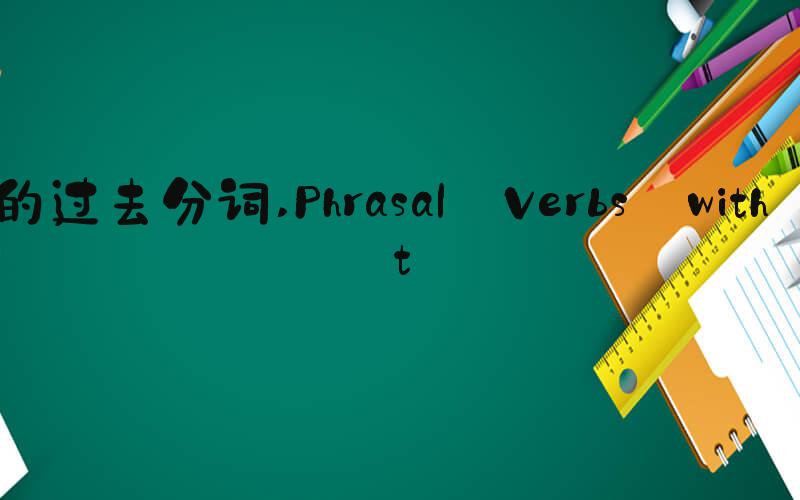
 Introduction
IntroductionGet is the past participle form of the verb "get". It is used in various contexts, such as to describe the act of obtaining something or to indicate a state of possession or understanding. This article will explore some of the different ways that get can be used in English, including phrasal verbs, idioms, and common expressions.
Phrasal Verbs with GetGet is often combined with prepositions or adverbs to form phrasal verbs. These combinations can have different meanings depending on the context. For example:
Get up: to rise from bed or a seated position
Get off: to exit a vehicle or a mode of transportation
Get over: to recover from an illness or emotional distress
Get along with: to have a friendly relationship with someone
Get by: to manage or survive with limited resources or income
Idioms with GetLike many verbs in English, get is also used in a number of idiomatic expressions. These phrases often have a figurative or metaphorical meaning that may not be immediately obvious. Here are a few common idioms with get:
Get the ball rolling: to start a process or an activity
Get cold feet: to become nervous or hesitant about something
Get a taste of your own medicine: to experience something unpleasant that you have inflicted on others
Get the hang of it: to begin to understand how to do something
Get down to business: to begin working in a serious or focused manner
Common Expressions with GetIn addition to phrasal verbs and idioms, get is also used in a number of common expressions and colloquialisms. These can vary depending on the region or dialect of English being spoken. Here are a few examples:
Get lost: to go away or leave someone alone
Get real: to be realistic about a situation or perspective
Get a move on: to hurry up or increase the pace of an activity
Get it together: to become more organized or focused
Get in touch: to contact or communicate with someone
ConclusionAs you can see, get is a versatile and commonly used verb in English. From phrasal verbs to idioms to colloquial expressions, there are many different ways to use get in conversation. By understanding the meanings and contexts of these different usages, you can improve your understanding and fluency in English. So don't be afraid to get started!
